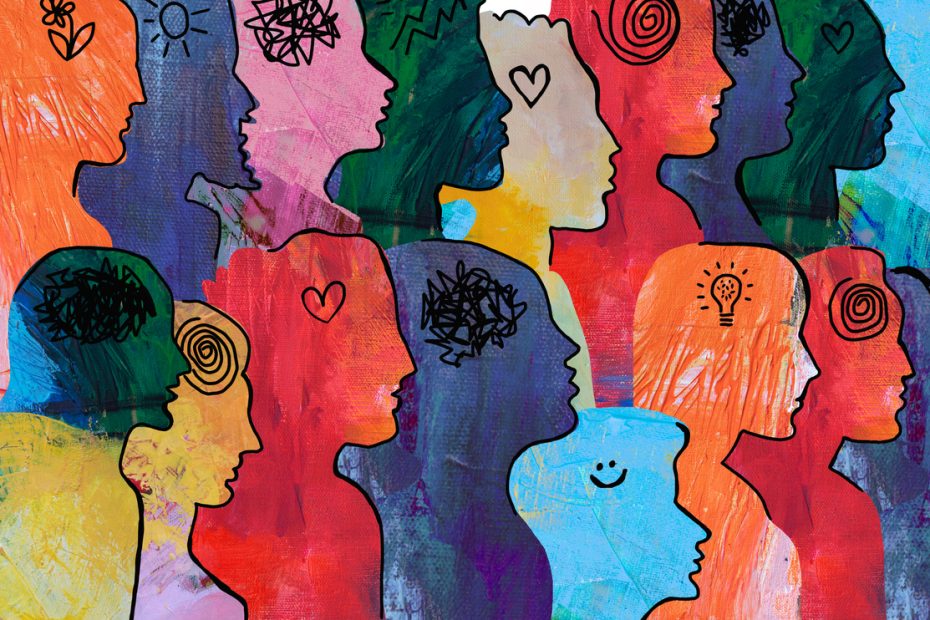Mental health needs don’t end with the month of May, nor can solutions come from a single source. Every day, countless individuals and families face invisible battles, and it’s through continuous, collaborative action and shared responsibility that we can truly support our communities.
If you or someone you know needs support, Findhelp | 211 and our community partners are always here, ready to connect you with compassionate care. Dial 2-1-1, visit 211Central.ca, or download the 211 app for access to information and referrals.
Recently, a Toronto-based caller experiencing anxiety and depression reached out to 211 for support after struggling to find appropriate mental health resources independently. With empathy and intentional questioning, the Service Navigator carefully assessed their needs and frustrations, providing personalized referrals near her home, including AccessPoint on Danforth, Access Alliance, Sunnybrook, CAMH, and Canadian Mental Health Association. The caller expressed significant relief and gratitude for the effective support and clear information received through 211.
Although Mental Health Awareness Month (held throughout the month of May) concluded just over a week ago, we at Findhelp | 211 continue to reflect deeply on the realities faced by so many in our communities. In that reflection, we are reminded of the essential role that community and social service agencies play in ensuring a “no wrong door” approach to care—offering vital support and hope to those who need it most.
In the first four months of 2025 alone, Findhelp | 211 received over 32,000 contacts in the Greater Toronto Area (GTA) through phone, chat, and email—a clear indicator of the pressing and growing mental health needs across our communities. Mental health has emerged as the most urgent concern representing over 20% of all identified needs, a trend that has been consistent since the Covid-19 pandemic in 2020. Most people who contacted 211 were seeking immediate referrals for assessment and crisis intervention, underscoring the critical necessity of timely, accessible, and integrated mental health supports.
Alongside consistently high demand, we’re seeing an increase in more specialized mental health needs—particularly for youth, older adults, and individuals experiencing abuse—highlighting the deepening vulnerability of many community members. Unmet mental health needs remain one of the most common challenges we encounter, closely tied to substance use and housing. While contacts to 211 have increased, the proportion of mental health-related needs has also grown—signaling more than just higher call volume. This points to a deepening pressure on individuals and underscores the need for a better-resourced, more connected system of services to respond effectively and equitably.
At Findhelp | 211, we drive action by proactively engaging in partnerships across sectors and through initiatives such as the Toronto Community Crisis Service which provides free, confidential, in-person mental health supports from mobile crisis worker teams across the City of Toronto, 24/7. Through local and inter-provincial data partnerships, we help organizations like Ontario Health, United Ways and Centraides, and municipalities keep their local community service directories up to date (including mental health-focused organizations). Additionally, our recent participation in a national Datathon analyzing three years of mental health data illustrated how external factors such as weather events and global unrest significantly influence mental health needs. Insights like these reinforce our commitment to system-wide collaboration, enabling all partners and key contacts to adapt proactively to community distress patterns.
Together, as interconnected systems of support, we can bridge these gaps and build stronger, healthier communities. Let’s sustain this essential conversation beyond Mental Health Awareness Month—because mental health matters every day.
